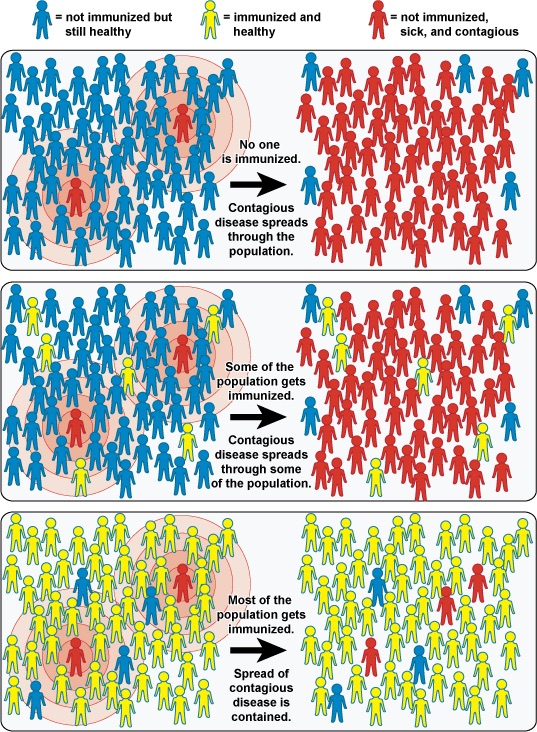One of my physician colleagues pointed me towards draft legislation proposed in Oregon to reform the insurance market: "
LC 2991
2015 Regular Session".
I definitely like the three provisions on the second page, specifically:
(1) Protecting a patient's right to pay with their own money for medical services.
(2) Protecting a physician's right to decline to accept insurance (i.e., forbidding the state from requiring physicians to accept insurance.
(3) Forbidding the state from requiring physicians to provide medical care just because state orders it.
In other words, those provisions help protect the doctor-patient relationship and the individual rights of patients and physicians.
I'm more concerned about the major provision on the first page which, "Prohibits insurer from imposing cost sharing or similar requirements for services provided by out-of-network providers that are greater than requirements for services provided by in-network providers".
In a free market for insurance (which we don't currently have), it would be totally legitimate for insurers to charge lower rates for services provided "in-network" compared to "out-of-network".
But the current context most definitely is
not a free market. Rather, people are required to purchase insurance by the government, and insurance companies are heavily regulated as to what services they must cover and what prices they can charge. In essence, government tilts the playing field in favor of certain medical providers -- namely, those willing to "play ball" with insurance companies, which in turn are willing to "play ball" with the state.
One might therefore argue that this provision would help smaller independent practices from the increasing power of government-favored "
Big Medicine". This might (in theory) be justified as a temporary measure to help buy time to keep private medicine alive, while free-market advocates continue their broader fight to overturn ObamaCare and replace it with genuine free-market reforms.
I'm sympathetic to this argument, although yet not fully decided in my own mind. As usual, readers should decide for themselves.
There's also a related petition at Change.org, "
End Insurance Company discrimination against patients who choose out of network care".
And a second petition on the purer free-market elements, "
Pass the Oregon Patient Access to Benefits Act".
(Information via
Dr. Kathleen Brown.)
Some follow-up commentary from Dr. Brown (quoted with her permission):
Part of what we want to do with this bill is to educate people, including legislators, about how poorly these plans protect people financially, in the event of medical catastrophe. That should be one of the main functions of health insurance. Many people might see their $2500.00 deductible on an exchange plan, and not realize that their annual cap is actually $19,050.00. Patients don't always get to choose in-network in an emergency.
Our hope, if this passes, is that it would allow a "space" in the out-of-network arena for real price competition to occur. We are going to be seeing narrow networks, and doctors becoming involuntarily out-of-network. We want being kicked off the network to be a survivable event for the doctor or medical group.
It isn't perfect, but I think it is a decent strategy in a David vs Goliath battle. The best thing would be removal of lots of regulations so that insurance companies would have to provide choices in order to compete. If that happens, this bill won't be needed.
And:
Another important point, is that subscribers and doctors get top-down control of their medical care by the payer, along with their financial benefits, when in-network. You cannot buy a policy without this. Furthermore, when there are only one to three insurers in a state, this in-network/out-of-network differential creates a huge leverage tool for the companies to ratchet down the rates they pay to "providers". I guess that is what some people call "competition". Not me.
Both are excellent points worth considering.










